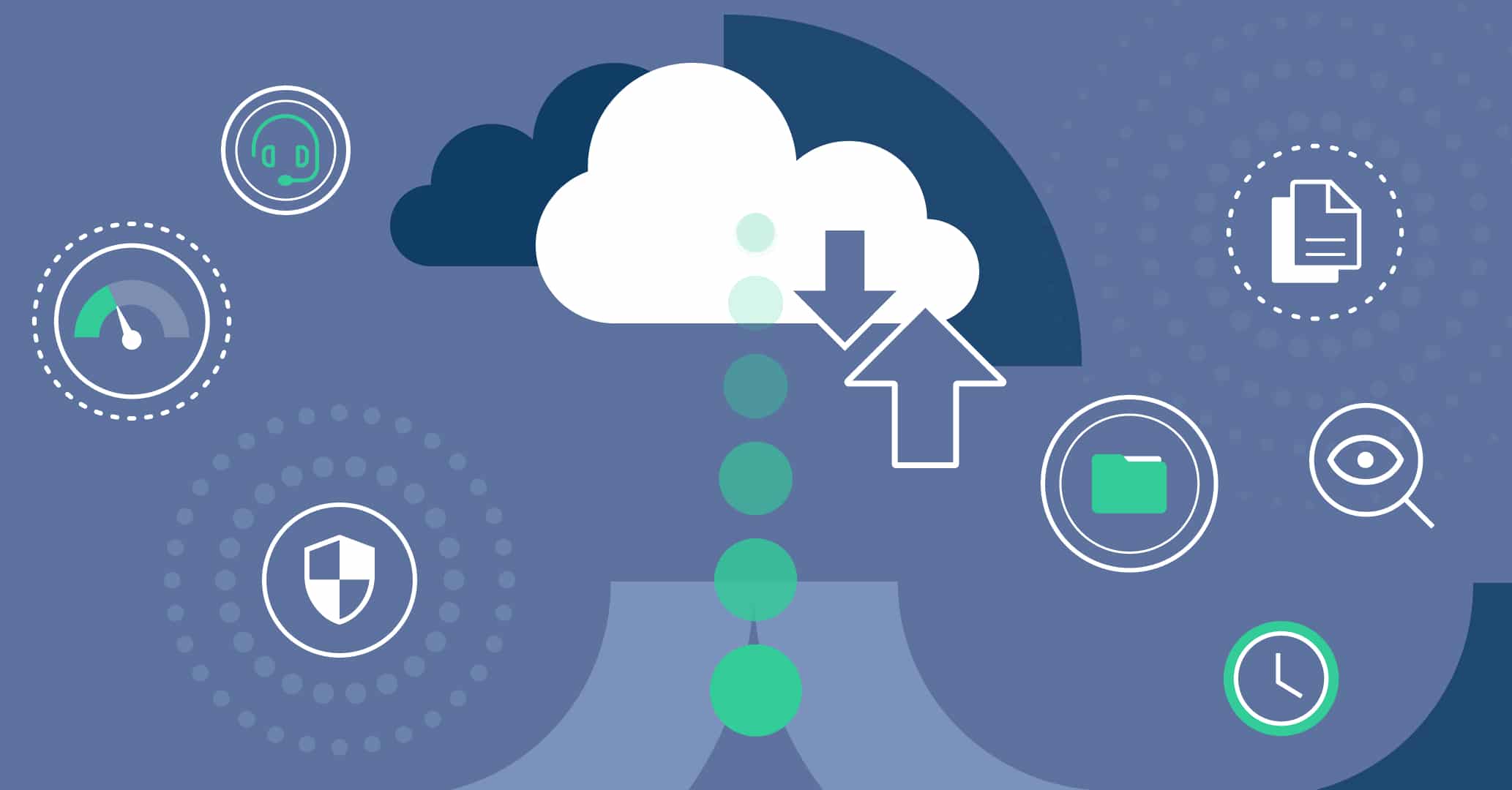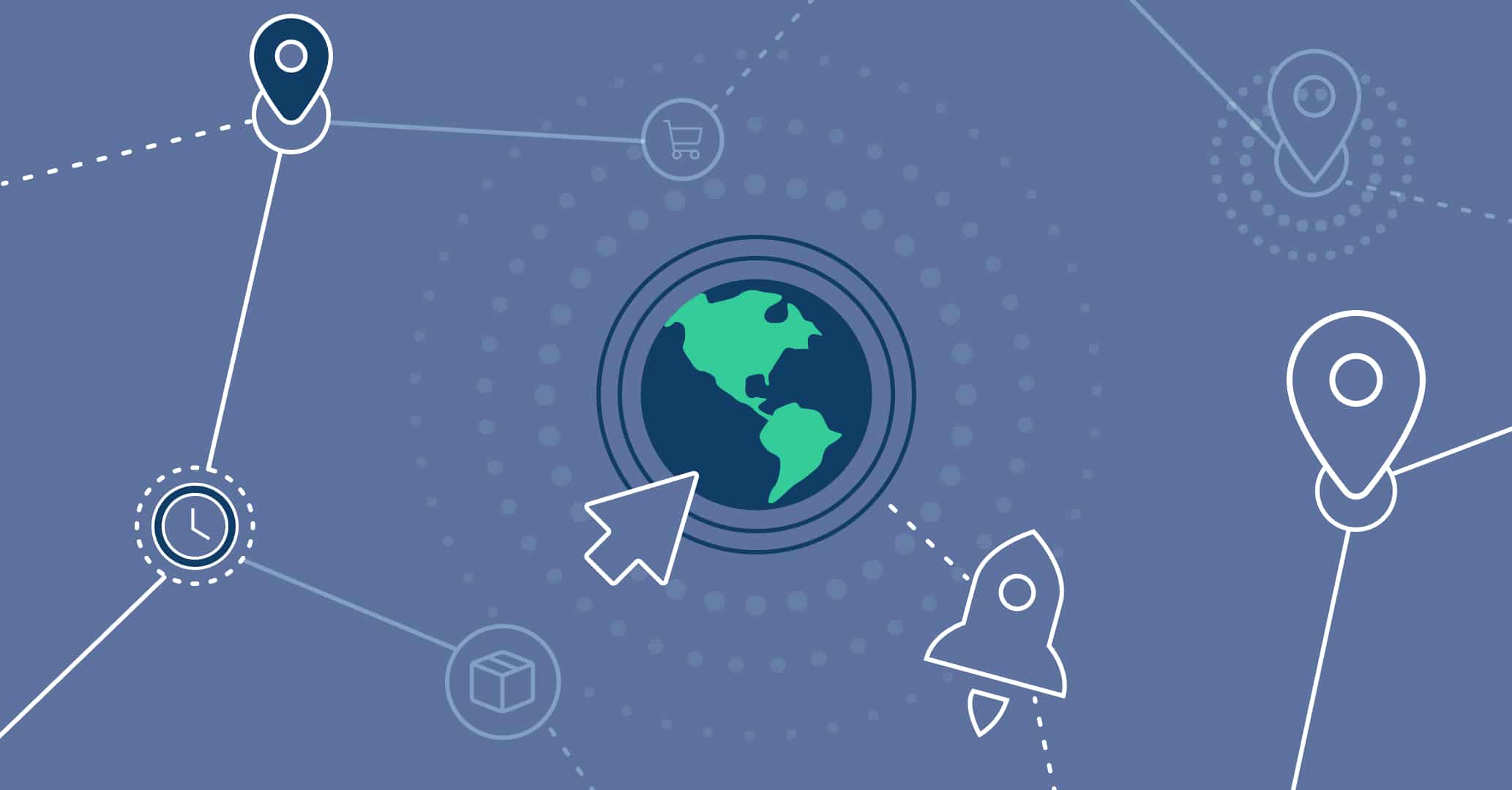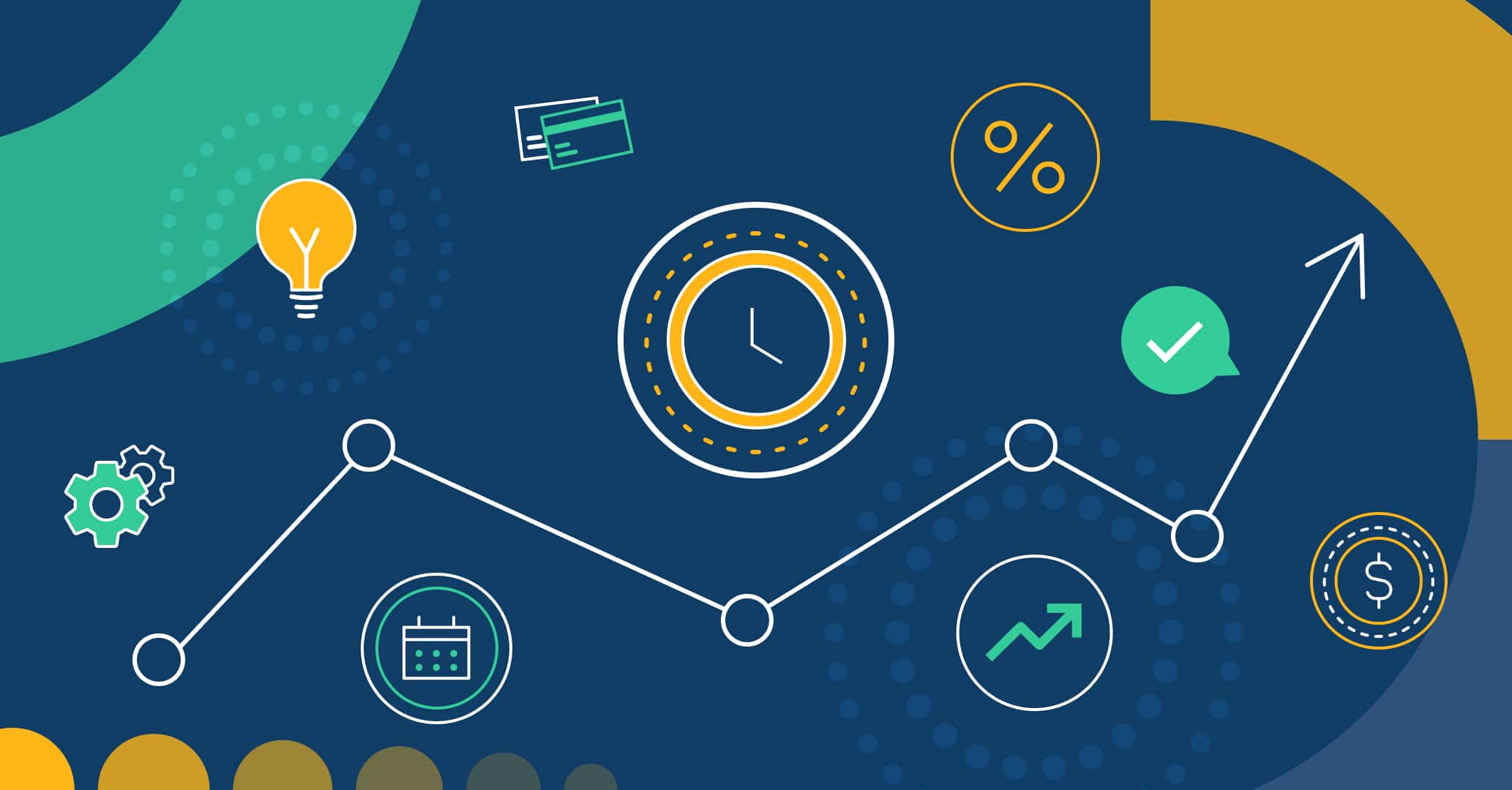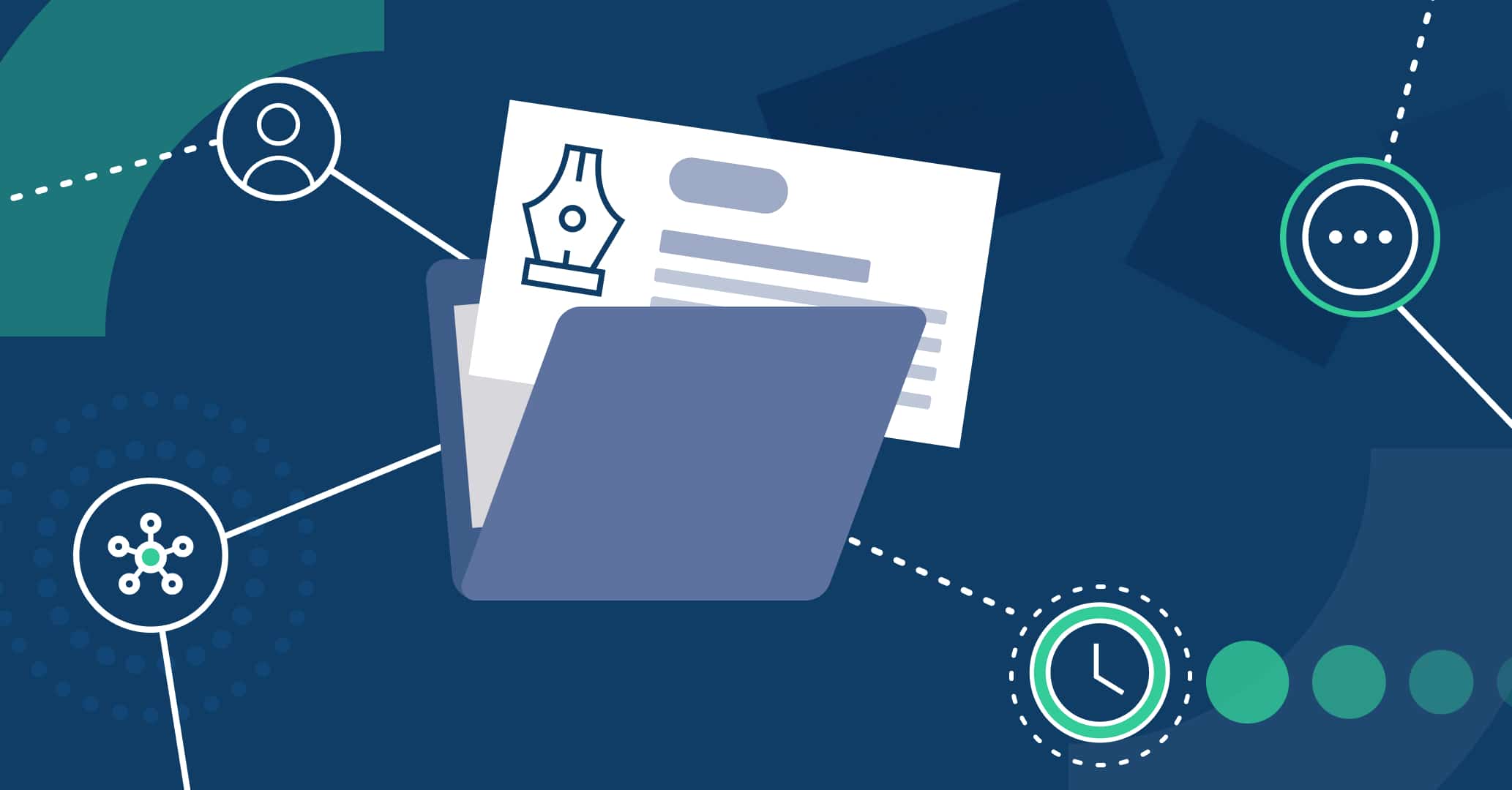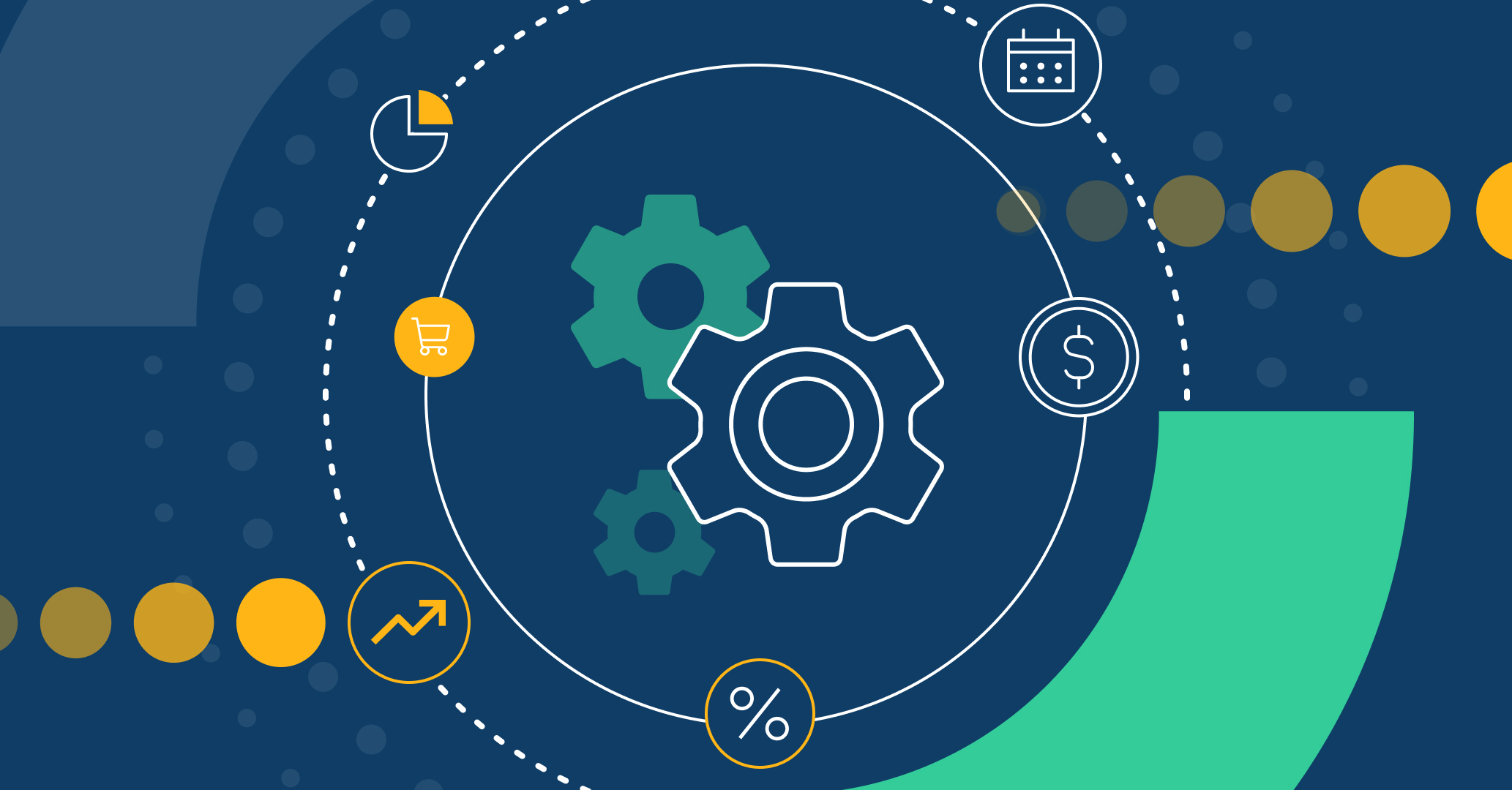- 1. Introduction
- 2. How is process automation with AI transforming businesses?
- 3. The impact of process automation with AI on jobs
- 4. The negative impacts of process automation with AI on the job market
- 5. The realistic impact of process automation with AI on jobs
- 6. How are AI-automated processes beneficial for the workforce?
- 7. Conclusion
Introduction
There is a prominent surge in the usage of AI for process automation, as almost every company today is on the verge of automation. The AI advancements have transformed many decade-old manual processes into automated ones across many industries.
On one side, the world is cheering for the transformative potential of process automation using AI. On the other side, there is an ever-increasing debate about the impact of automation on jobs and the workforce. According to the World Economic Forum, automation will displace 85 million jobs by 2025 and create 97 million new jobs. Therefore, this article will explore the impact of process automation with AI on jobs in detail and see whether it’s a concern or an opportunity.
How is process automation with AI transforming businesses?
Before we jump into the impact of process automation with AI on jobs, it is important to understand how automation transforms businesses.
AI can be used to automate processes in different ways, involving different technologies and tools. Robotic process automation, machine learning, computer vision, cloud, and natural language processing (NLP) are a few AI-powered technologies that eradicate manual processes and transform them into automated ones.
Intelligently automated processes are helping businesses increase productivity, improve quality, reduce costs, and enhance customer satisfaction and experience. In short, businesses can operate efficiently and expand their offerings with AI-automated processes.
The impact of process automation with AI on jobs
Process automation with AI is a game-changer in today’s era. The market size of global industrial automation is likely to surpass $459.51 billion by 2032. In fact, robotic process automation is projected to showcase a 23.4% CAGR during 2022-2029. These exceptional growth statistics are triggering an alarm on the existing jobs.
According to a 2019 survey, 74% of respondents acknowledged that the adoption of intelligence automation technologies will impact around 11-50% of the current workforce. Similarly, PwC analysis depicts that 30% of jobs are at a significant risk of automation by the mid-2030s.
It is evident that AI-automated processes will reduce human involvement in many day-to-day activities, leading to less manpower demand. So, the existing job market is going to see the impacts of process automation with AI.
The negative impacts of process automation with AI on the job market
Looking at the pattern with which intelligent processes are dominating workplaces, below are their four key negative impacts on the job market:
Loss of jobs
The first and clear impact of process automation with AI is the loss of jobs. Once manual processes get automated, companies need a smaller number of workers. This leads to the loss of jobs, especially for lower-skilled workers.
Lower wages and benefits
AI processes impact the bargaining power of employees. Once companies can replace workers with machines, those workers may start to get lower wages and fewer benefits.
Income inequality
Those roles that are replaceable by machines become low-skilled roles and are paid less. In contrast, those roles that drive automation get higher pay.
Forced to upgrade skills
In the fear of losing their job, workers may need to acquire new skills to work in a different field within the company. This may become financially challenging for many, or complicated for older workers with limited educational backgrounds.
All the above negative impacts are already in action in industries and companies that are deploying AI-automated processes.
The realistic impact of process automation with AI on jobs
Till now, we have talked about the concerns and fears in the job market linked to the impact of AI automation processes. However, are these negative impacts really a concern? Let’s evaluate this point through different studies.
- According to the PwC analysis, robotics, AI, and other smart automation types can contribute around $15.7 trillion to global GDP by 2030.
- According to the World Economic Forum, automation will displace 85 million jobs by 2025 and create 97 million new jobs.
- A study at the University of Warwick reflected that less than a quarter of firms deploying AI technology believe AI caused a net loss of jobs.
- Research on UK companies reported that 78% of surveyed companies using AI or other automated technology required new jobs for AI processes.
When people debate job loss due to process automation with AI, they consider AI from a broader perspective and think that AI-automated processes can do everything and will replace humans. However, AI is not the ultimate destroyer. For instance, if the AI-automated process can now handle data entry tasks, the employee can get involved in more enhanced roles, like data analysis, strategy development, etc.
The above studies reflect that process automation with AI is not as destructive as the job market has assumed. It equally opens plenty of new job opportunities, even exceeding the jobs it removes.
When companies generate more revenue, they actively invest in employee training or expanding their options. This means that employees still have plenty of chances to retain their jobs. However, process automation with AI demands that employees improve their skills according to the market trends if they don’t want to lose their jobs. This will also help them get even better jobs than the ones they are currently doing.
How are AI-automated processes beneficial for the workforce?
If there are reasons to hate AI automation, then there are also reasons to love it. There are many benefits of AI-automated processes for the workforce, as follows:
Improved productivity
AI-automated processes can take away hours of time-consuming manual processes and empower employees to improve their productivity and focus on more creative tasks.
Training and skill building
With the arrival of process automation with AI, the company will need new roles to handle those processes. Many will prefer to train their existing employees they trust instead of looking for new hires.
Trigger for innovative mindset
Automated processes will give employees the time and environment to think of innovative solutions that are beneficial for the company.
Improved job satisfaction
Employees get more satisfactory job experience, as their energy and skills are utilized in more strategic ways instead of doing repetitive tasks.
In short, if a company is investing in AI-automated processes, it is equally beneficial for the workforce. If employees keep their morale high, engage in skill building, and fully commit to the company’s intelligent processes deployment, they can become a valuable resource instead of an irrelevant workforce.
Conclusion
Process automation with AI is not a jobs killer. According to research, 60% of jobs we knew in 2018 didn’t exist in 1940. Besides that, 85% of jobs in 2030 are not even invented yet. The same pattern is in the making today. Although AI-automated processes are disrupting jobs, they are opening plenty of new opportunities. So, workers can overcome this wave of job disruption by constantly upgrading their skills.

